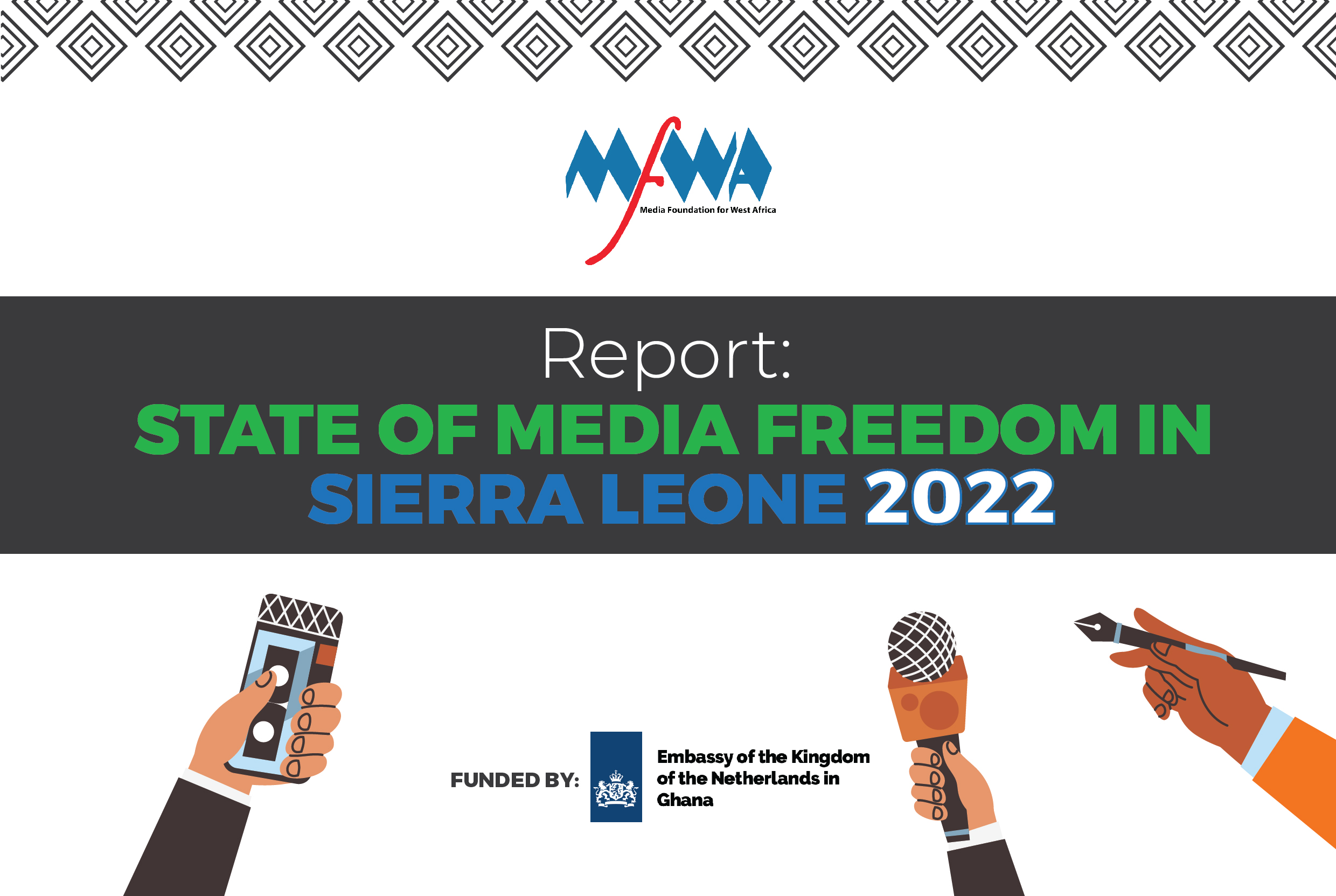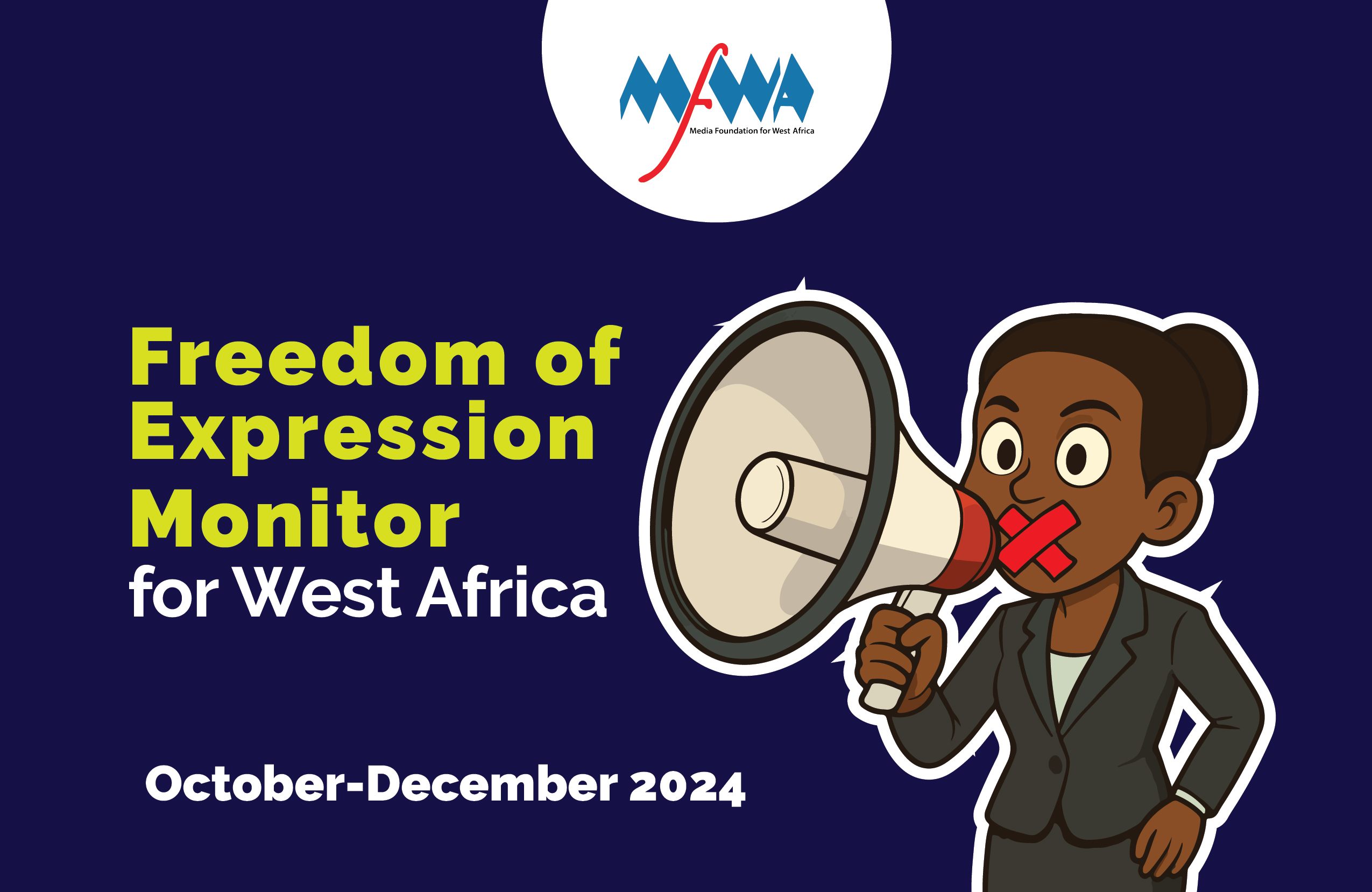The media in Sierra Leone has been enjoying very cordial relations with the government of President Julius Mada Bio. Indeed, the state’s pro-media airs have resulted in many positives for the media environment in Sierra Leone, among which are the passage of laws that greatly inure to press freedom.
In 2020, criminal libel was abolished while in June 2021, Parliament also passed a cyber security and crimes Act to govern the cyberspace. The Government has also committed to table a Data Protection Bill before parliament for passage into law.
Along with these positive developments in the legal environment, the government, through its Ministry of Communications, has also been having a very cordial relationship with the Sierra Leone Association of Journalists (SLAJ) and other media support organisations. Through this cordiality, SLAJ has received assistance to acquire land for a national office.
Other notable pluses include the Government’s launch of a Media Viability Investment Conference in November, 2021, and its signing a of a global pledge on media freedom, making Sierra Leone the 5th African country to commit to the values and principles of the Media Freedom Coalition.
All of these are backgrounded by the fact that Sierra Leone is a democracy which has had an Access to Information Law since 2013.
In spite of all of these positives however, Sierra Leone is far from the ideal environment that journalists and journalism should thrive in.
Also, the country continues to remain a place where journalists are attacked both physically and verbally by all manner of assailants, including soldiers, public officials and individuals.
In this report, the MFWA highlights the press freedom issues in Sierra Leone and makes recommendations to various stakeholders to improve the situation.






